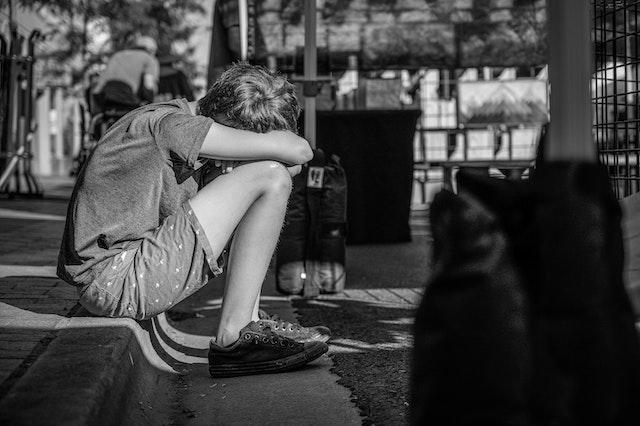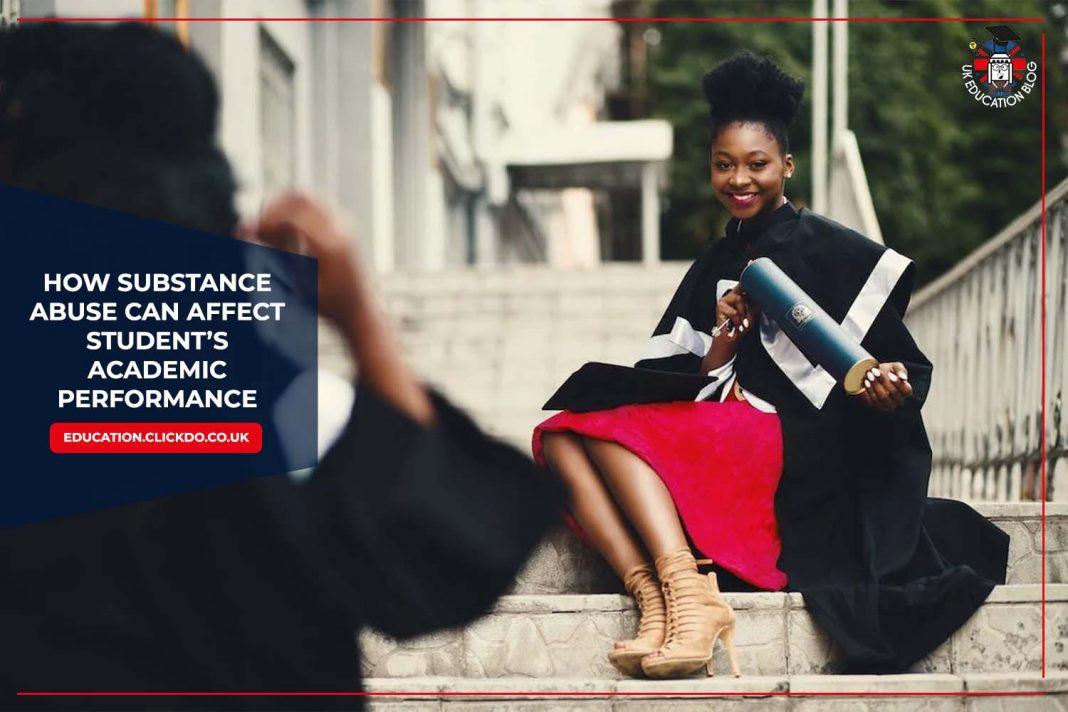There is a lot of pressure on students to perform and when students get involved with substance abuse it can have serious effects on their performance.
Falling into the trap of addiction is more common than we may realise, with peer pressure, curiosity, and stress acting as powerful catalysts.
According to an NHS report from 2021 “Pupils who have recently smoked, drank alcohol and taken drugs are more likely to report low levels of life satisfaction (57%) compared to pupils who have only done one of these (35%), and those who have done none of these (18%)”.
This can also lead to them to deviate from studies all together and become wrapped up in the transportation of drugs themselves. In this case, students may wind up needing more than medical help, including that of the help of drug trafficking defence lawyers.
Unfortunately, this can lead to behavioural and psychological consequences that profoundly impact a student’s educational journey.
In this article, we will explore the underlying factors contributing to students’ vulnerability to substance abuse, delve into its adverse effects on their academic performance, and highlight available resources to support those facing these challenges.
How Does Substance Abuse Begin?
The allure of substance abuse often lies in the vulnerability of young minds. For students, peer pressure, the desire to fit in, and curiosity about new experiences can be powerful driving forces.
The need to conform to societal expectations and gain acceptance from peers can also lead some students down the path of substance abuse. Additionally, academic pressures and personal challenges may drive students to seek solace in substances, using them as a coping mechanism to alleviate stress and emotional struggles.

The Impact Substance Abuse Has Academic Performance
Substance abuse takes a heavy toll on a student’s academic performance, creating a ripple effect that impacts various aspects of their educational journey. Behavioural consequences manifest through frequent absenteeism, lateness, and a lack of focus in the classroom. As a result, students may struggle to keep up with assignments, class discussions, and coursework, leading to declining academic performance.
Psychologically, substance abuse can lead to heightened anxiety, depression and mood swing which further affects students’ motivation and ability to engage in their studies. The emotional turbulence experienced by students grappling with addiction often hinders their ability to concentrate and retain information effectively, ultimately leading to lower grades and academic struggles.
The Social Consequences of Substance Abuse
One of the most disheartening consequences of substance abuse is the increasing social disconnect experienced by affected students. As addiction takes hold, the focus shifts from maintaining healthy social interactions to seeking out opportunities to feed their habits.
This social isolation can exacerbate feelings of loneliness and disconnection from the school community, further impacting academic performance. Students struggling with addiction may find it challenging to form meaningful relationships with peers and teachers, leading to a sense of alienation and disengagement from school activities.
Moreover, substance abuse can tarnish a student’s reputation and academic record, making it harder for them to form positive relationships within the educational environment. As students become increasingly isolated, the support network necessary for academic success begins to erode, compounding their struggles.

Understanding Underlying Factors of Substance Abuse
We must strive to protect our students from falling prey to substance abuse. Understanding the underlying factors contributing to vulnerability and acknowledging the profound impact on academic performance empowers us to offer the necessary support to students facing these challenges.
Empowering students with resources, support, and understanding helps guide them towards breaking free from substance abuse and embracing a brighter academic future. By creating a compassionate and supportive community, we can pave the way for students to realise their true potential, leaving substance abuse behind and stepping into a world of endless possibilities.
Finding The Right Help For Substance Abuse
For students grappling with substance abuse, the path to recovery may seem daunting, but there is hope and support available. Many educational institutions offer counselling services and support groups to provide a safe and non-judgmental space for seeking help, guidance, and encouragement in their journey to recovery.
Drug rehabilitation support and helplines are valuable resources that offer professional assistance in breaking free from addiction and reclaiming their lives. These resources provide customised treatment plans, counselling, and support to help students overcome the challenges of substance abuse and rebuild their academic and personal lives.

The impact of substance abuse on academic performance
Substance abuse poses a formidable challenge to students’ academic performance, leaving a profound impact on their educational journey. From behavioural disruptions to psychological struggles and social disconnect, the repercussions of substance abuse can be far-reaching, hindering their ability to excel in school.
However, there is hope. By understanding the factors contributing to vulnerability and acknowledging the struggles students face, we can foster a compassionate and supportive environment that empowers them to break free from addiction. Providing access to counselling services, support groups, and drug rehabilitation support offers a lifeline to those seeking recovery.
Together, educators, parents, and professionals, can pave the way for students to embrace a brighter future. By offering understanding, empathy, and support, we can guide students towards reclaiming their academic potential and rediscovering their purpose.
Author Profile

- Shirley Owen is a blogger and writer who enjoys writing blogs on education, technology and general news. An avid reader, she follows all the latest news & developments to report on them through her articles.
Latest entries
 learningDecember 22, 2025When Co-parenting Affects School Performance – Challenges & Solutions
learningDecember 22, 2025When Co-parenting Affects School Performance – Challenges & Solutions educationDecember 11, 2025Making Education Accessible for Mobile Families that Travel
educationDecember 11, 2025Making Education Accessible for Mobile Families that Travel learningOctober 28, 20257 Daily Classroom Strategies Helping Children With Learning Differences Thrive
learningOctober 28, 20257 Daily Classroom Strategies Helping Children With Learning Differences Thrive  educationSeptember 18, 2025A Guide to the European Accessibility Act for Schools and Universities
educationSeptember 18, 2025A Guide to the European Accessibility Act for Schools and Universities







